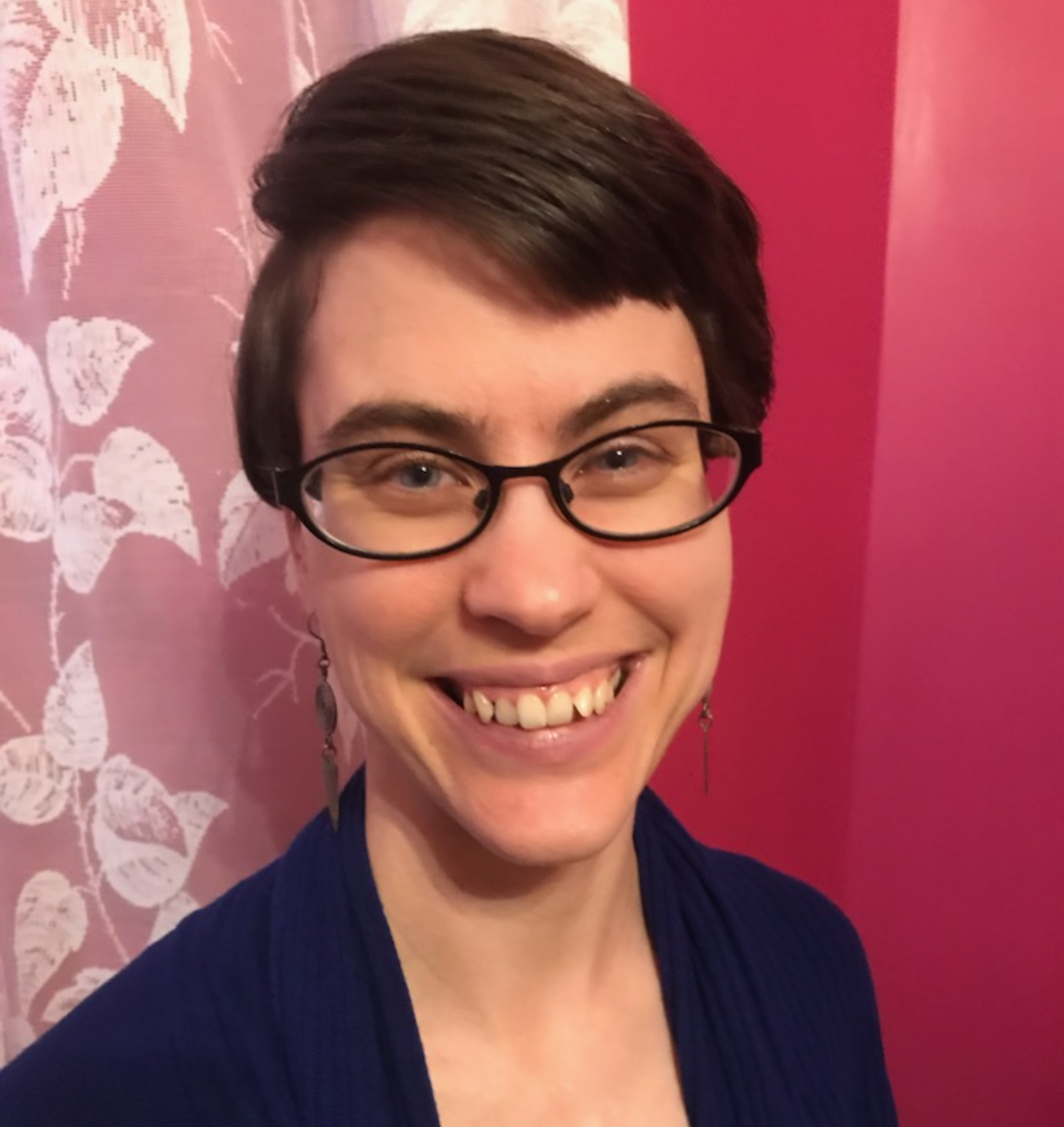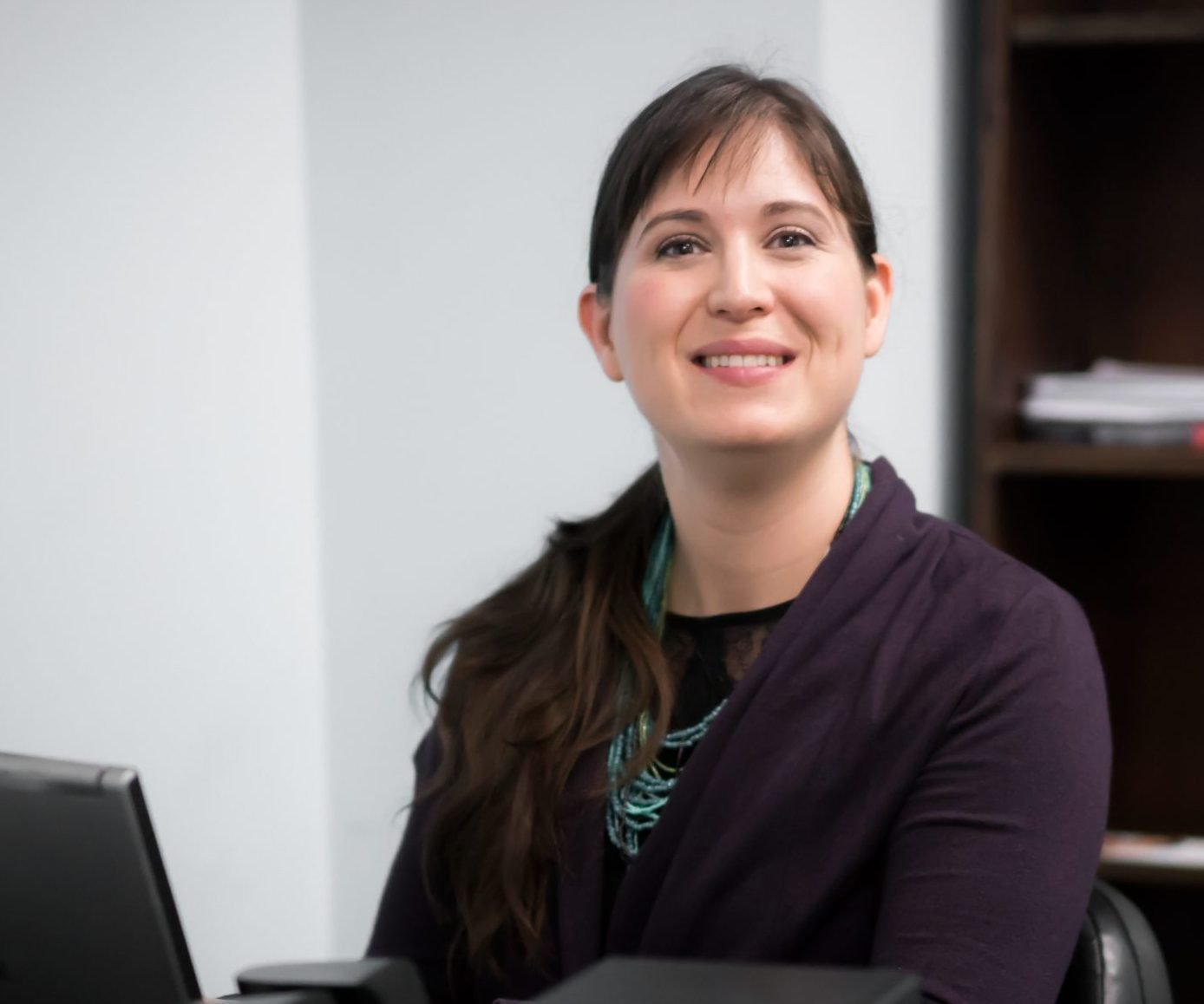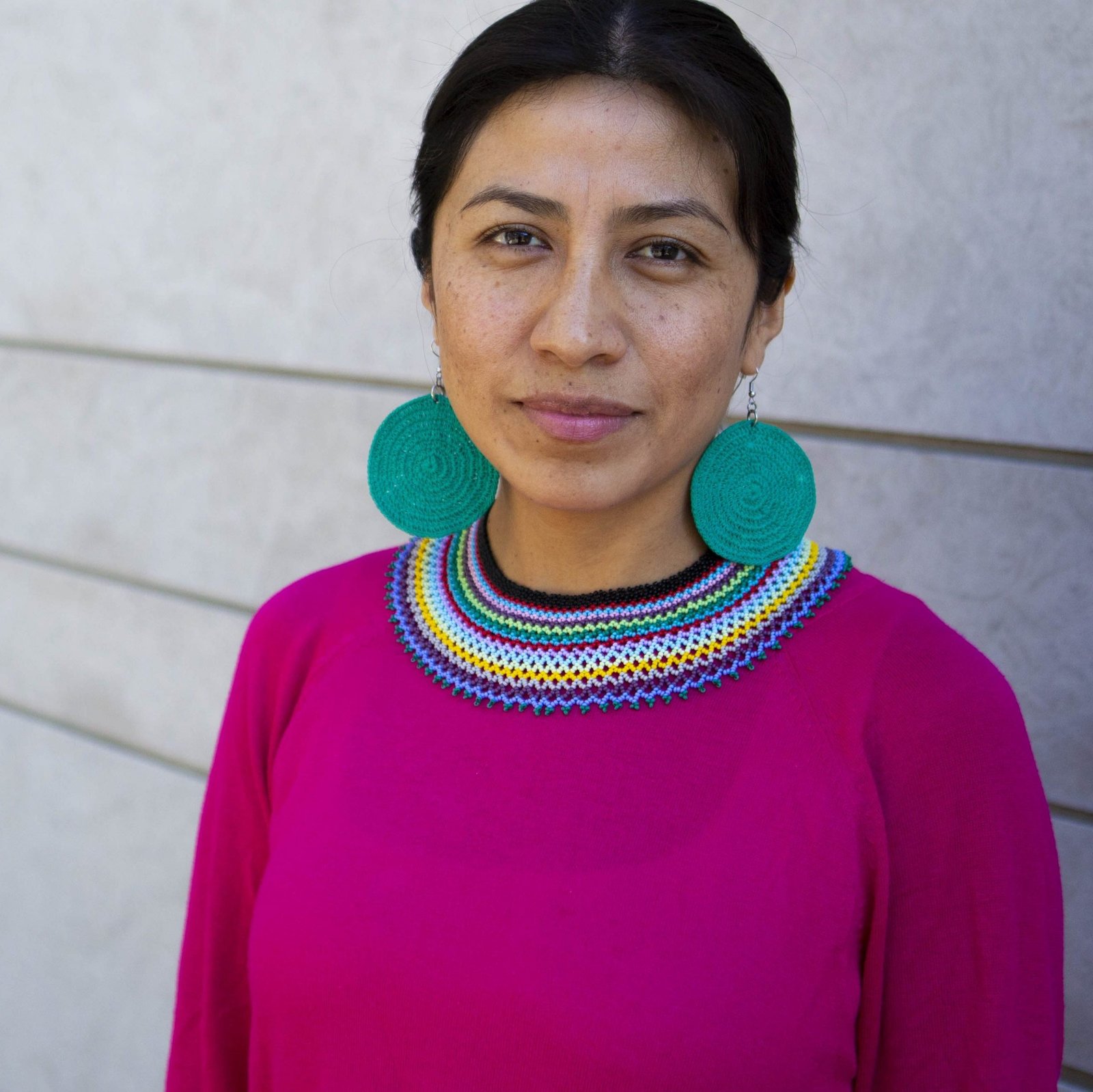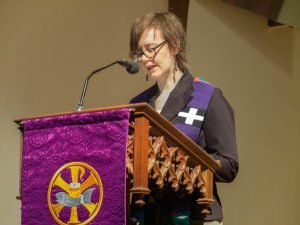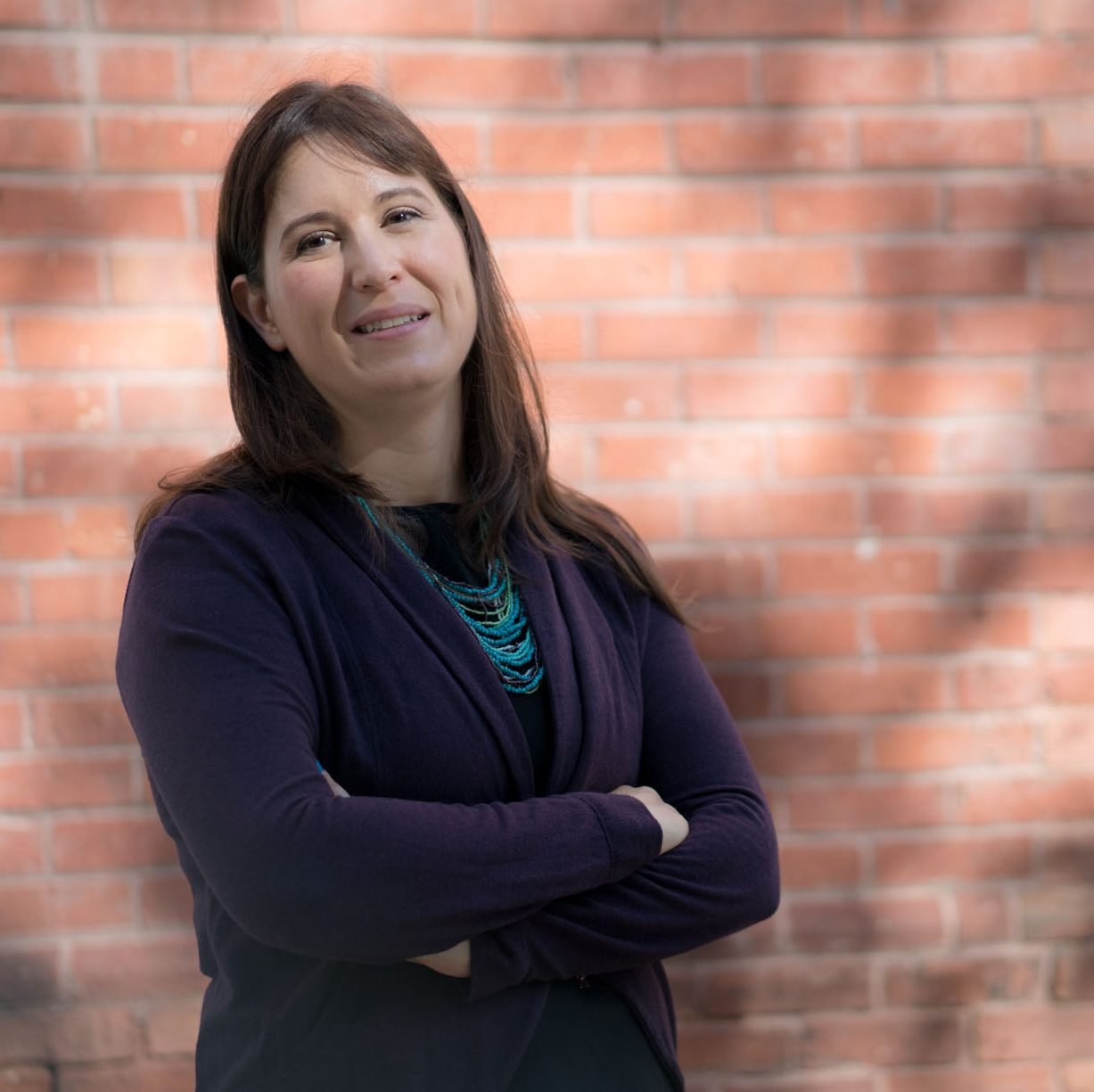This week we interview Amanda Christie, academic writing coach and editor at PFAU Academic Writing, about what it takes to write a solid research paper. We thought this topic would be helpful to our listeners who are currently working on their term research papers and feeling a bit overwhelmed. While writing can be stressful and time-consuming, a well-thought out and detailed research, note-taking, and planning process can make writing much easier.

Amanda comes from a family of teachers and professors, but she also is no slouch herself. She has a BA (Hons) in Global Development and Gender Studies from Queen’s University, and has worked on research projects with the Ottawa Coalition to End Violence Against Women, Newcomer Women’s Services, and Singing Out. She also presented at several conferences throughout Ontario as coordinator for a youth drop-in centre, and has a real passion for the education of young adults – helping them to edit essays, improve assignments, enhance university applications, and polish up English as a second language skills.
_
What do you think is the value of feedback from other people on research papers?
No matter how good a paper might be, it is always nice to have a second set of eyes on it to make sure that someone else can understand you. It is really easy to make assumptions about what you mean when you are reading your own work. When you wrote it yourself, you know what you mean, but someone else might not understand your argument. In addition, it is great to have an outside perspective because you might be asked questions that you did not think about and given suggestions on how to expand your argument. Sometimes other people might even have extra resources for you that are helpful for the paper. Generally, it is just great to exchange ideas with others.
What do you think is the most challenging aspect of writing a good quality research paper?
I think the most challenging thing is keeping the paper organized. Often, people have a lot of really great ideas, but they do not always communicate them clearly, which results in the effect being lost. You can have the best argument in the world, but if it is not coming across to your readers, it is ineffective. I think that it is important to remember the flow of your essay and that each paragraph should have strong arguments that related to your main point. You should back those arguments up in a logical way and building upon each new idea. Ideas should not come out of the blue and you should not be jumping back and forth between topics or ideas. It is key to also have transition sentences. The ability to link your ideas into a coherent argument or logic is what takes a paper from a C to an A.
What is the most common error you see when providing feedback on research paper drafts?
I think the most common error is the lack of specificity and evidence, for example, insufficient supporting evidence like statistics and quotations. I find that a lot of people do not always back up or prove their claims, and they just stick them in their papers as assumptions and reality. On the flip side, sometimes people use evidence incorrectly or in a way that is not as impactful. For example, you may be plopping a quotation into an essay without any subsequent analysis. I think that goes back to taking the time to do detailed research notes to help you figure out which evidence you want to use and which is no longer relevant.
What are the top three tips for students who are adjusting to university-level writing?
First of all, I want to remind everyone to not take their grades personally. Your worth is not tied to your grades; it is merely a measure of skill assessment. Second of all, work on developing strong thesis statements. The thesis statement sets up the argument and structure of your paper. Third of all, ensure that your essay structure and flow works to support the argument that you outline in your thesis statement. It is essential to ensure that your ideas connect to and build off of each other, and not just merely floating island on the page.
Recommended Books
Decolonizing Methodologies by Linda Tuhiwai Smith
The Artist’s Way by Julia Cameron
Teaching to Transgress: Education as the Practice of Freedom by bell hooks
Thank you, Amanda, for sharing the excellent advice with us and our readers!
_
_
Missed the podcast? Listen here:
_
_
For more advice about writing, check out our weekly podcast or subscribe to our monthly newsletter.
_
To get more help with your assignments, book a 20 minute discovery session with us and start your journey to reaching your full potential on the page, and in life.
Both the written, visual, audio, and audiovisual content of this post has been created by and is the intellectual property of Lisa Pfau and PFAU Academic Writing. Please do not replicate any of the above content without our consent. However, please do feel free to share this post and its authorship widely.

